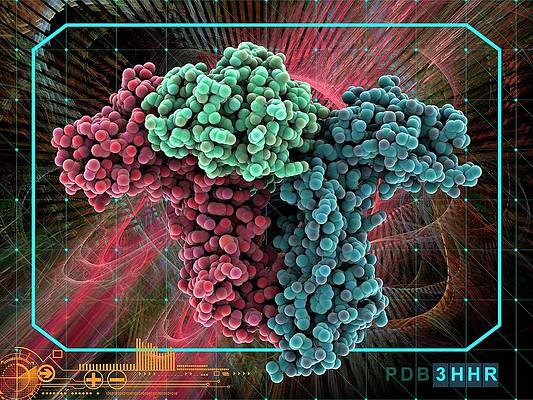 |
| Image Credit - News Medical |
Hepatitis B : Diagnosis, Complication and Prevention
This article will discuss various aspects of the complications, prevention and diagnosis of Hepatitis B.
Diagnosis of Hepatitis B
If the doctors find out that you have Symptoms of Hepatitis B, they will ask you to get tested for it. They will test your blood to see if you have a burning liver or not. If your liver enzyme level is high and you have symptoms of Hepatitis B, then there are some tests you should do.
HBsAg: Hepatitis B virus antigen proteins. Protein antibodies are made by your body's immune cells. They appear in the blood two to 11 weeks after exposure. If you receive treatment and recover, it expires after five to six months; but if they are present after six months, the condition is not long-lasting.
Anti-HBs: This appears after the disappearance of HBsAg. These are the main things that give you protection against Hepatitis B permanently.
If the condition is chronic, the doctor will perform a biopsy, which means that a sample of your liver tissue will be tested. This can indicate the seriousness of the whole situation. Liver ultrasound can also be performed to assess the extent of liver damage. Depending on the results, doctors will prescribe Hepatitis B medication.
Complications of Hepatitis B
Usually, patients with Hepatitis B do not get sick and do not even know about the condition unless they reach the final stages. So serious problems arose.
Cirrhosis: Here, the liver gets a scar. The liver is unable to do its job properly, and it gradually leads to liver failure.
Liver Cancer: There is a chance of liver cancer if you suffer from chronic Hepatitis B. Doctors may ask you to do an ultrasound examination to check the condition of the liver.
Liver failure: This is a condition in which the liver stops functioning completely. Also called "end stage" of liver disease. Very few cases of Hepatitis B have occurred.
Kidney Disease: It has been suggested that Hepatitis B causes cirrhosis and kidney disease.
Vascular problems: This mainly involves inflammation of the blood vessels.
Prevention of Hepatitis B
- There are several ways to Prevention of Hepatitis B from happening.
- The Hepatitis B vaccine is the best way to prevent it, and it is also recommended that you give this vaccine to all newborns.
- Using condoms during sex.
- You should wear gloves if you need to touch linen, tampons and bandages.
- Close all open wounds and cuts.
- Do not share the pierced earrings, nail care tools, toothbrushes, razors and others.
- Do not share any chewing gum or chew food before giving it to your child.
- Orthopedic needles, ear piercings, or drugs and pedicure and manicure tools are sterilized accordingly.
Pregnancy and Hepatitis B
If any woman is pregnant and simultaneously infected with Hepatitis B, then there is little chance of transmitting the virus to the baby during childbirth, but the likelihood is very small during pregnancy. If a child has the virus and is not treated, the baby may have liver problems. So babies are vaccinated after birth.
Complications Of Hepatitis B
To prevent complications, it is very important to take Hepatitis B medication as soon as it is diagnosed.









0 Comments
Please do no use any link in comment box.